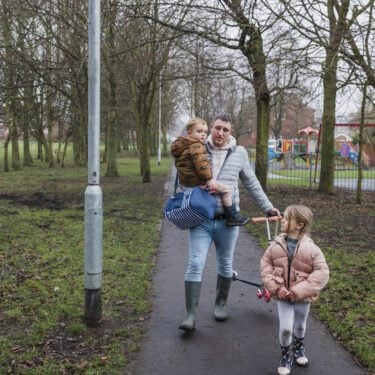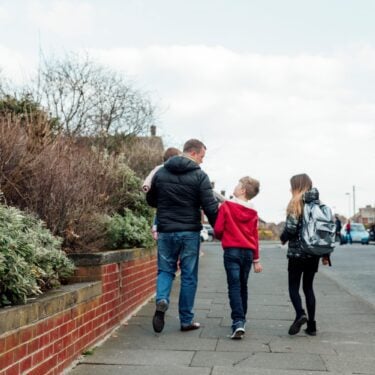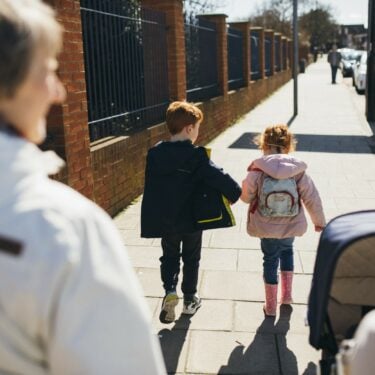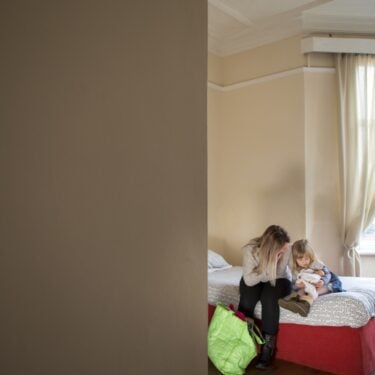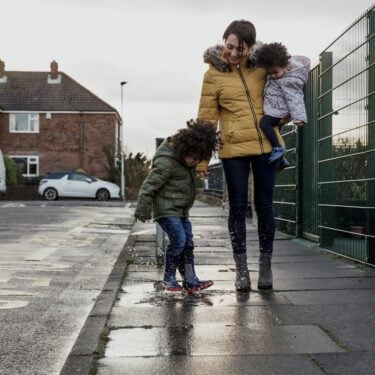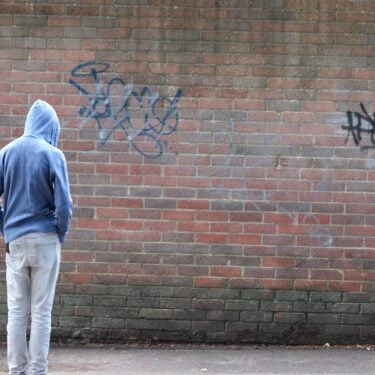Nuffield-funded research has identified for the first time the characteristics of parents lacking litigation capacity in care proceedings.
The research, led by Professor Penelope Welbourne from Plymouth University, also identified outcomes for children and parents over a twelve-month sample of all parents represented by the Official Solicitor in care proceedings, as well as key aspects of provision made to give them fair representation in court and to participate in hearings.
Key findings
- Lack of litigation capacity may be due to mental health problems, intellectual disability or some other cause, or a combination of factors.
- Capacity is issue specific, so some people may have capacity to make some decisions but not others within one set of proceedings. It can also fluctuate, especially when the underlying issue is a mental health problem.
- Parents could start care proceedings having capacity and lose it, or vice versa, and some parents move in and out of capacity throughout proceedings. An instability in capacity might be exacerbated by the stress of proceedings for some parents, but some parents recovered capacity as their mental state improved during proceedings.
- Section 20 ‘voluntary’ accommodation had been used for the children of some parents in our sample (named after s20 Children Act 1989, this involves a parent agreeing to a child coming in to care based on parental consent, not a court order). Given the subsequent finding that these parents lacked capacity, this raises questions about how rigorously local authorities assess capacity and how they seek consent to accommodation.
- It is difficult for parents who lack litigation capacity to ‘turn things around’ within the duration of care proceedings (26 weeks). Very few parents ended proceedings with the care of their children, and although there were challenges to local authority care plans, it appears it is rare for this to lead to the child returning to the parent.
Recommendations
- A review of the ability of courts to provide the technology and space needed to give all parents who have specialist communication and participation needs the opportunity to observe, understand and participate in hearings to the best of their ability.
- In cases that require an interpreter, the support of an intermediary should be available to help the interpreter communicate with a parent who lacks litigation capacity.
- Local authorities, and solicitors representing protected parties, should consider the implications of the duty to protect the right to procedural justice for meetings outside the court setting as well as in the court process itself. There appears to be variation in the extent to which local authorities fund advocates to help parents attend meetings, including with their solicitor, child protection conferences, and other key decision making meetings. Article 6 of the European Convention on Human Rights / Human Rights Act 1998 and the Public Sector Equality Duty protect the right to procedural justice. Article 20 of the Equality Act 2010 relates to the duty to make adjustments to avoid disadvantage, among other things through the provision of auxiliary aid.
- Support for letterbox and other indirect contact should be universally available for parents who lose the care of their children to adoption, and that support should take account of their specific needs.
Details of the study
The President of the Family Division, Sir James Munby and the Ministry of Justice gave permission for the authors to observe court hearings and for them to speak to members of the judiciary. In addition, the Official Solicitor and Cafcass/Cafcass Cymru agreed to reviews of files held by the Office of the Official Solicitor and for them to speak to their staff. The authors spoke to judges, solicitors, caseworkers at the Office of the Official Solicitor, barristers and Cafcass Children’s Guardians in a range of local authority and Family Court areas across England and Wales.
In order to find out more about the parents involved and the outcomes of care cases in which a parent lacks litigation capacity, the authors also undertook a retrospective file study incorporating all of the cases in which the Official Solicitor had agreed to act during a twelve month period (37 cases) and explored:
- The reasons for the incapacity decision.
- What happened to the children at the end of the proceedings.
- Whether there were any indicators that the 26 week limit for proceedings might have specific implications for parents who lack litigation capacity.
They observed eighteen care hearings between August 2015 and December 2016.


























